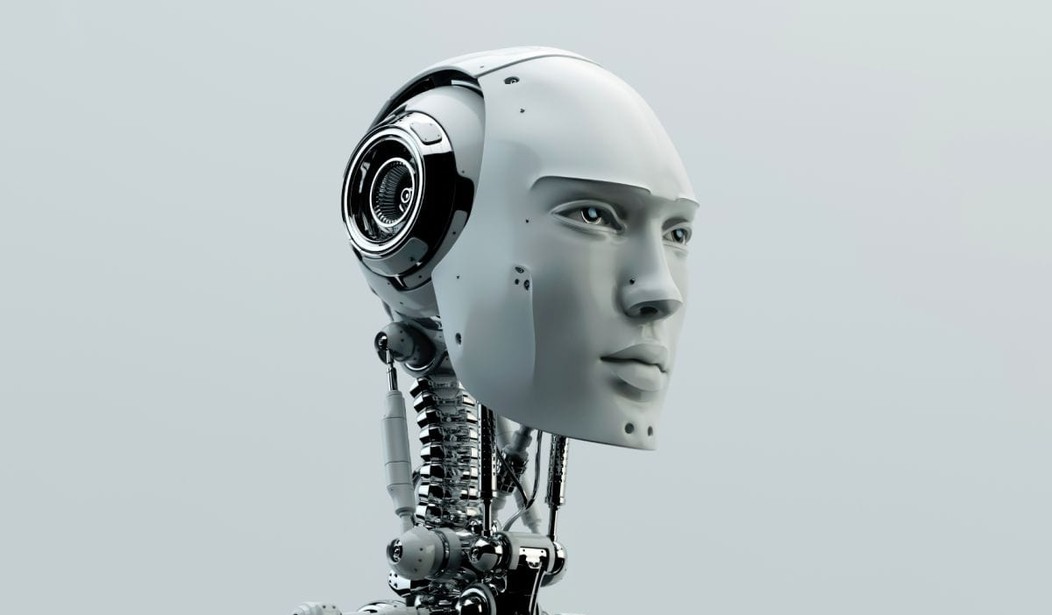Organized labor and other activists who are pushing for a $15 an hour minimum wage may eventually win their battle. But the question is: will anyone be working to collect it?
Meet “Flippy,” the burger-flipping robot. He just completed his first day of work and the results are about what you would expect. Flippy didn’t need a break. He didn’t spend half his shift on his smart phone. He didn’t talk back to the boss or ask to leave early. He didn’t sneak out for a smoke, fail to perform his job, or bitch about his working conditions.
Aside from the fact that Flippy doesn’t smile or look cute in a fast food restaurant uniform, he is the ideal employee.
A burger-flipping robot has just completed its first day on the job at a restaurant in California, replacing humans at the grill.
Flippy has mastered the art of cooking the perfect burger and has just started work at CaliBurger, a fast-food chain.
The robotic kitchen assistant, which its makers say can be installed in just five minutes, is the brainchild of Miso Robotics.
“Much like self-driving vehicles, our system continuously learns from its experiences to improve over time,” said David Zito, chief executive officer of Miso Robotics.
“Though we are starting with the relatively ‘simple’ task of cooking burgers, our proprietary AI software allows our kitchen assistants to be adaptable and therefore can be trained to help with almost any dull, dirty or dangerous task in a commercial kitchen — whether it’s frying chicken, cutting vegetables or final plating.”
Cameras and sensors help Flippy to determine when the burger is fully cooked, before the robot places them on a bun. A human worker then takes over and adds condiments.
More Flippy robots will be introduced at CaliBurgers next year, with the aim of installing them in 50 of their restaurants worldwide by the end of 2019.
CaliBurger say the benefits include making “food faster, safer and with fewer errors”.
OK, we’ve had our fun, let’s get serious.
Flippy and other machines like him are the future. And not just in fast food restaurants. Virtually any job performed by a human — from stockbroker to assembly line worker — can be replaced by a robot in the near future.
So the question isn’t can an automation revolution destroy massive numbers of jobs. The question is, are we going to allow it to happen?
There are consequences to society both ways. Limiting the revolution would cause the U.S. to fall precipitously behind in global competitiveness. Allowing the revolution to go full bore would lead to tens of millions of permanently unemployed workers. Neither option is palatable.
We’re already blowing it. While we’re deciding whether to let people with penises use the ladies room in schools, the rest of the industrialized world is developing education curricula to train new generations of workers to survive in the new economy.
The American educational system from top to bottom is woefully unprepared to meet this new challenge. While educators insist that everyone has to go to college to get a good job, reality is making that notion quaintly obsolete and has been for some time. A specialized future demands specialized education and frankly, few in Washington or state capitals around the country are thinking about the problem.
No doubt, our initial instinct will be to try and stop the revolution in its tracks. But eventually, declining standards of living will force us to face the facts and embrace the new technologies. Perhaps by then, we will have addressed the parallel challenge of educating workers to thrive in the new workplace.
Quite simply, there are no other options.










Join the conversation as a VIP Member